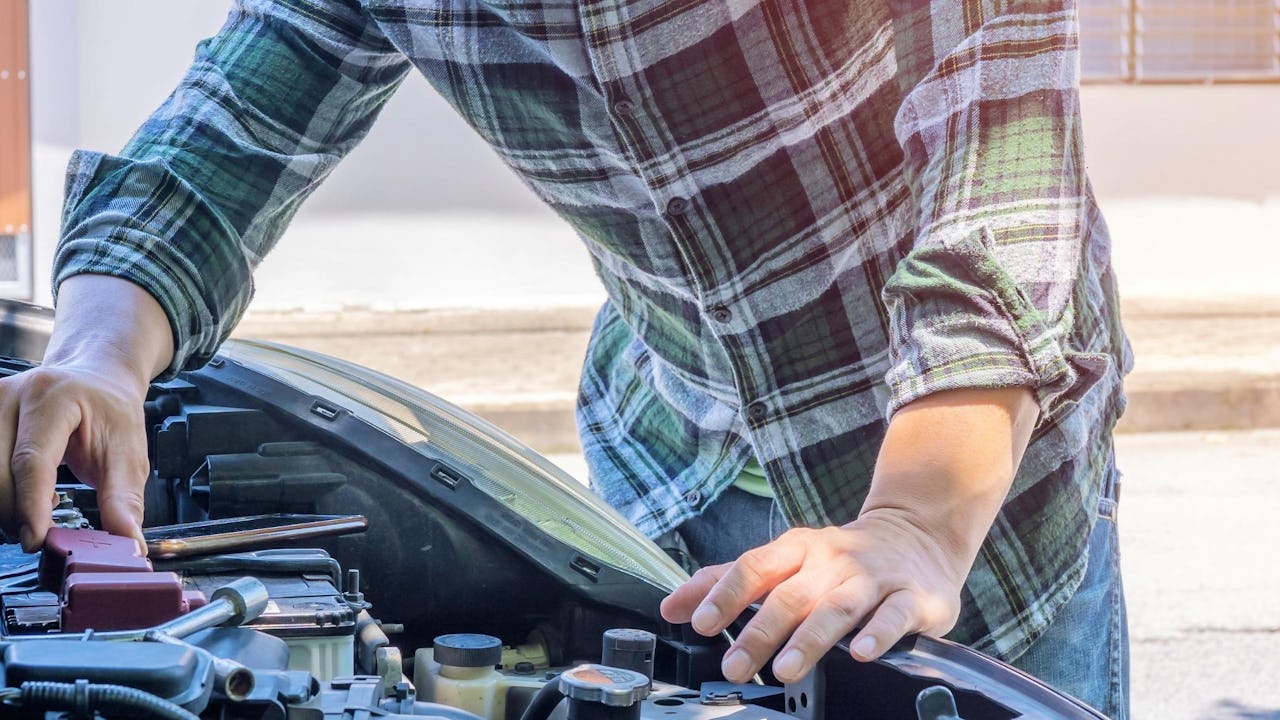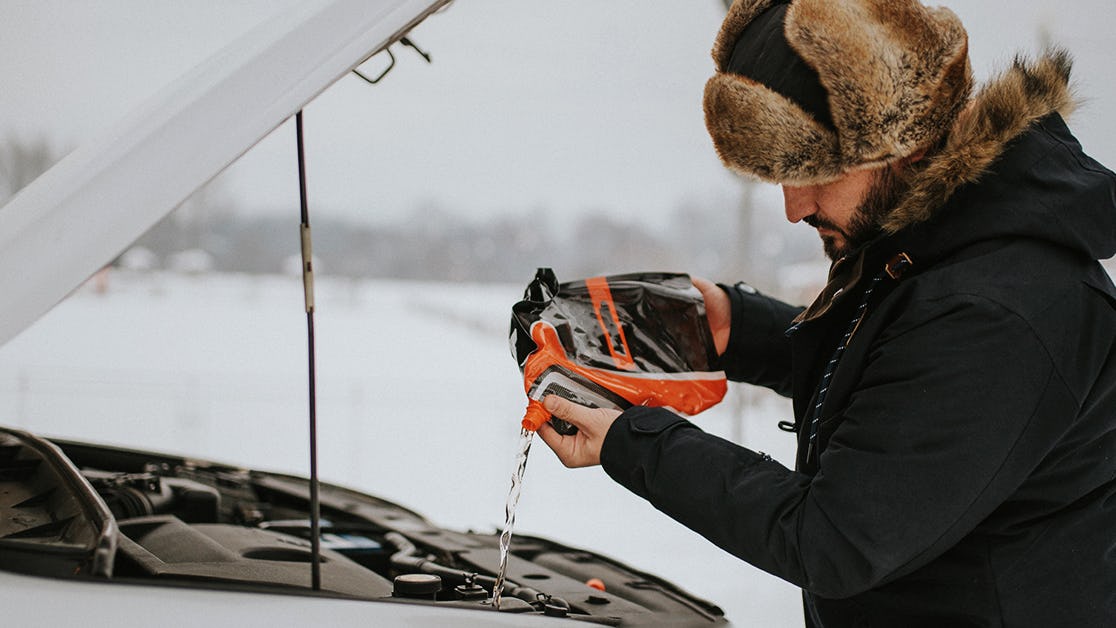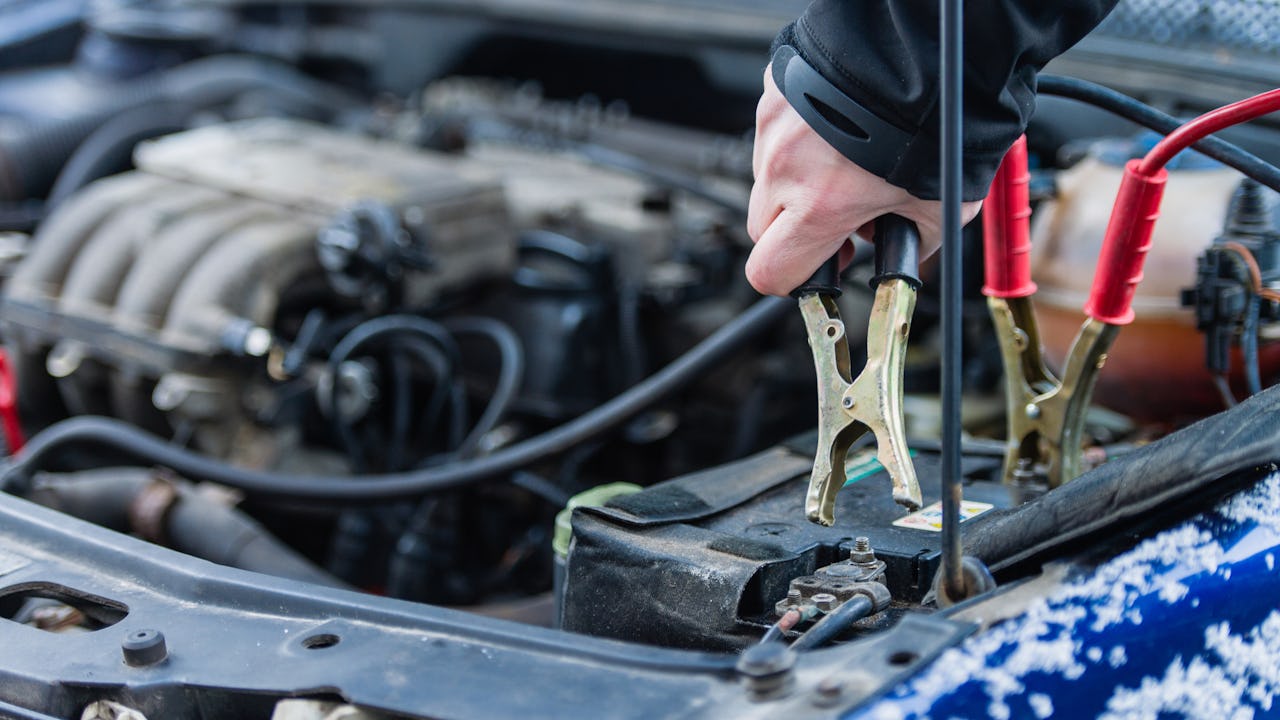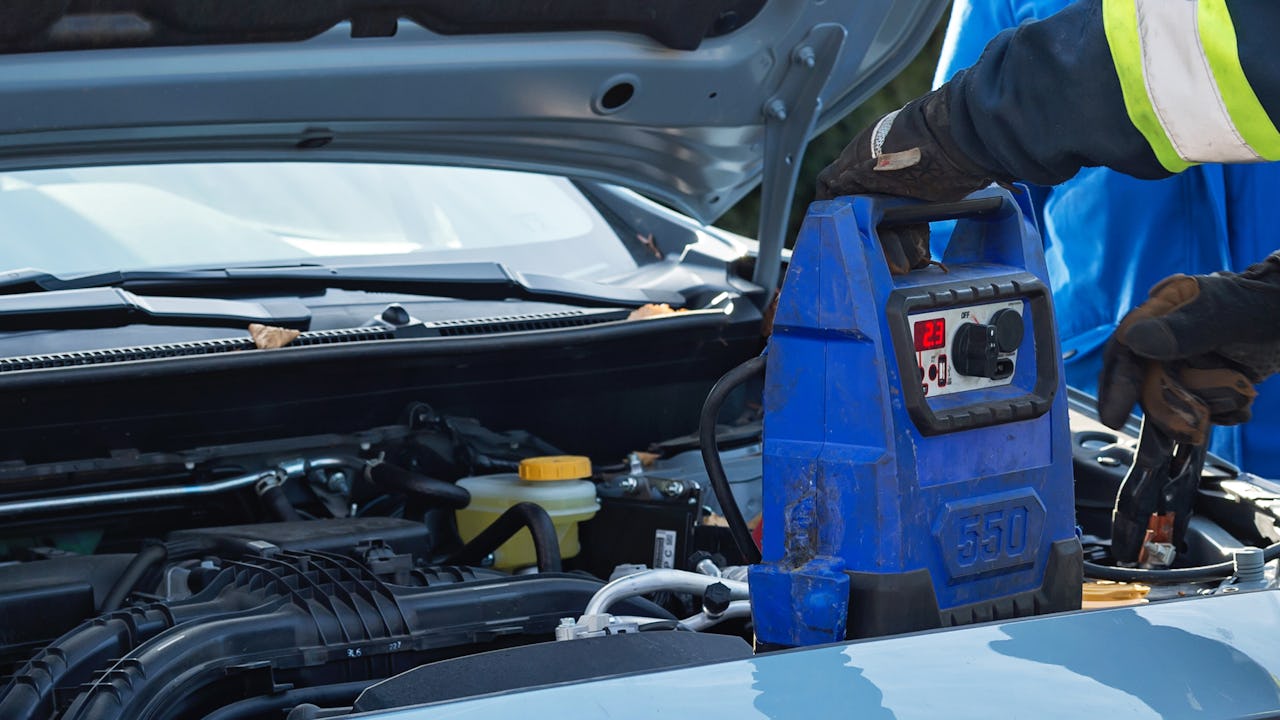Crank Up the Amps for Your Car Battery
By Club Assist
As winter’s chill bears down upon the nation, driveways across the country become the deathbed for many a car battery. When the mercury takes a dive below zero, car batteries lose about 60 percent of their power, but car engines need up to double the power to start in freezing weather. Motorists in cold climates need to have a car battery with enough Cold Cranking Amps (CCA) to ensure that winter’s chill doesn’t leave them stranded out in the cold!
What Are Cold Cranking Amps? It Sounds Painful.
Car batteries struggle to start a vehicle in cold environments. Cold Cranking Amps refers to the strength of the electrical current, or amperage (amps), needed for a 12-volt car battery to start the engine at 0°F. Batteries go through rigorous factory tests in extreme temperatures to achieve their CCA rating. The higher the CCA rating, the greater the starting power of the battery.
How Do I Know if My Battery Has Enough Cold Cranking Amps?
For CAA Members who live in areas that experience frigid temperatures, the CCA rating is an important consideration when purchasing a car battery. Vehicle manufacturers spend hundreds of hours working with engineers to determine the appropriate CCA levels for each make and model in a variety of climates. AAA/CAA sources the highest-quality batteries available to provide Members with ample Cold Cranking Amps for a quick start in the harshest winter conditions.
Will a Higher CCA Rating Make My Battery Last Longer? I Don’t Want To Get Stuck at My In-Law’s During a Blizzard.
In very cold climates, the CCA rating is an important factor when selecting a new battery for your car. Overall, a higher CCA rating allows your battery to be more resilient in colder climates, helping it to last longer. After all, you want your car to start when you need it to. On average, car batteries last three to five years. Their strength decreases with time, so installing a battery with more starting power can give drivers more confidence to get through a few tough winters – as well as family dinners with the in-laws.
CAA Mobile Battery Service Comes to Me? That’s Awesome.
Before temperatures take an arctic plunge in your area, schedule a convenient car battery test with your CAA Membership. A Battery Service Technician comes to you – at work, at home, almost anywhere – to test your battery and find out if it will last through the winter. If the battery needs to be replaced, talk to your Technician about choosing one with the best CCA rating for your vehicle, as recommended by the manufacturer. Most batteries can be installed quickly on-site, and all come with a six-year warranty with three years free replacement if it fails.
To schedule a battery appointment, visit caaneo.ca/battery or call 1-800-222-4357.

.png?ixlib=gatsbyFP&auto=compress%2Cformat&fit=max&q=50&rect=0%2C0%2C3840%2C1200&w=3840&h=1200)




.jpg?ixlib=gatsbyFP&auto=compress%2Cformat&fit=max&q=50&rect=0%2C0%2C3840%2C2160&w=1280&h=720)